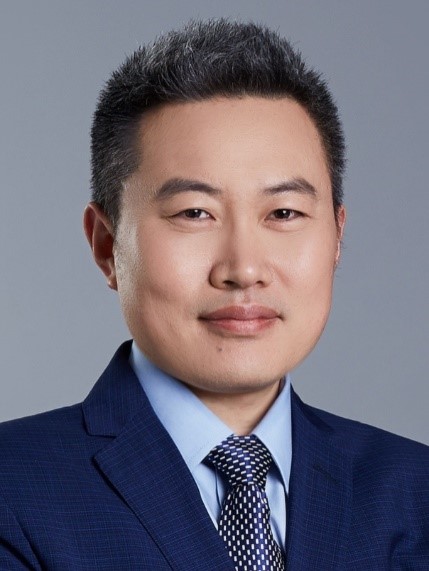Keynote Speakers
特邀报告1:William Wang

Title: InstructScore: Towards Explainable Text Generation Evaluation with Automatic Feedback
Abstract: In recent advancements within the text generation evaluation landscape, neural metrics like COMET, BLEURT, and SEScore2 have emerged as frontrunners, showcasing a profound correlation with human evaluations. However, their interpretability remains a challenge, often leaving us guessing about specific critiques of text outputs. We introduce InstructScore, an open-source, explainable evaluation metric that addresses this gap. This metric uniquely harnesses both human instructions and GPT4’s implicit knowledge. By fine-tuning an LLAMA model, InstructScore produces a diagnostic report congruent with human evaluations. Tested on the WMT22 Zh-En translation task, our 7B model notably outperforms other LLM benchmarks, even those leveraging the 175B GPT3. Impressively, without human-rated data, InstructScore matches the performance of state-of-the-art metrics like COMET22. Join us as we unveil the mechanics and potential of this new metric. This is joint work with Google Translate.
Bio: William Wang is the Director of UC Santa Barbara’s Natural Language Processing group and Center for Responsible Machine Learning. He is the Duncan and Suzanne Mellichamp Professor of Artificial Intelligence and Designs in the Department of Computer Science at the University of California, Santa Barbara. He received his PhD from the School of Computer Science, Carnegie Mellon University. He has broad interests in Artificial Intelligence, including statistical relational learning, information extraction, computational social science, dialog & generation, and vision. He has published more than 200 papers at leading NLP/AI/ML conferences and journals and received best paper awards (or nominations) at ASRU 2013, CIKM 2013, EMNLP 2015, and CVPR 2019, a DARPA Young Faculty Award (Class of 2018), an IEEE AI’s 10 to Watch Award (Class of 2020), an NSF CAREER Award (2021), a British Computer Society - Karen Spärck Jones Award (2022), the 2023 CRA-E Undergraduate Research Faculty Mentoring Award, and two Google Faculty Research Awards (2018, 2019), three IBM Faculty Awards (2017-2019), two Facebook Research Awards (2018, 2019), an Amazon AWS Machine Learning Research Award, a JP Morgan Chase Faculty Research Award, an Adobe Research Award in 2018, and the Richard King Mellon Presidential Fellowship in 2011. He frequently serves as an Area Chair or Senior Area Chair for NAACL, ACL, EMNLP, and AAAI. He was elected to the IEEE Speech and Language Processing Technical Committee (2021-2023) and a member of ACM Future of Computing Academy. In addition to research, William enjoys writing scientific articles that impact the broader online community. His work and opinions appear at major tech media outlets such as Wired, VICE, Scientific American, Fortune, Fast Company, NASDAQ, The Next Web, Law.com, and Mental Floss.
特邀报告2:何中军

Title: 大语言模型时代的机器翻译
Abstract: 机器翻译发展至今已有70多年的历史,历经了曲折的发展历程,取得了令人瞩目的成就,并获得了广泛的应用。人们还沉浸在神经网络机器翻译的浪潮中,大语言模型又以迅雷不及掩耳之势席卷全球。在统计机器翻译时代,语言模型作为一个重要特征而存在。在大语言模型时代,语言模型“反客为主”,表现出强大的记忆、推理、理解、生成能力,成为基础模型(foundation model)。大语言模型将为机器翻译注入新的活力。本报告首先介绍机器翻译的发展历程,然后介绍大语言模型基本原理和关键技术,接下来介绍百度翻译在大模型时代的具体实践,最后与大家一起探讨面临的挑战和未来发展。
Bio: 何中军,百度人工智能技术委员会主席。长期从事机器翻译研究与开发,研发了全球首个互联网神经网络机器翻译系统及语义单元驱动的机器同传系统。在领域权威会议和期刊发表学术论文30余篇,获授权发明专利90余项。曾获得国家科技进步二等奖、中国电子学会科技进步一等奖、北京市科技进步一等奖、中国专利银奖、北京青年榜样、中国电子学会优秀科技工作者等奖励。